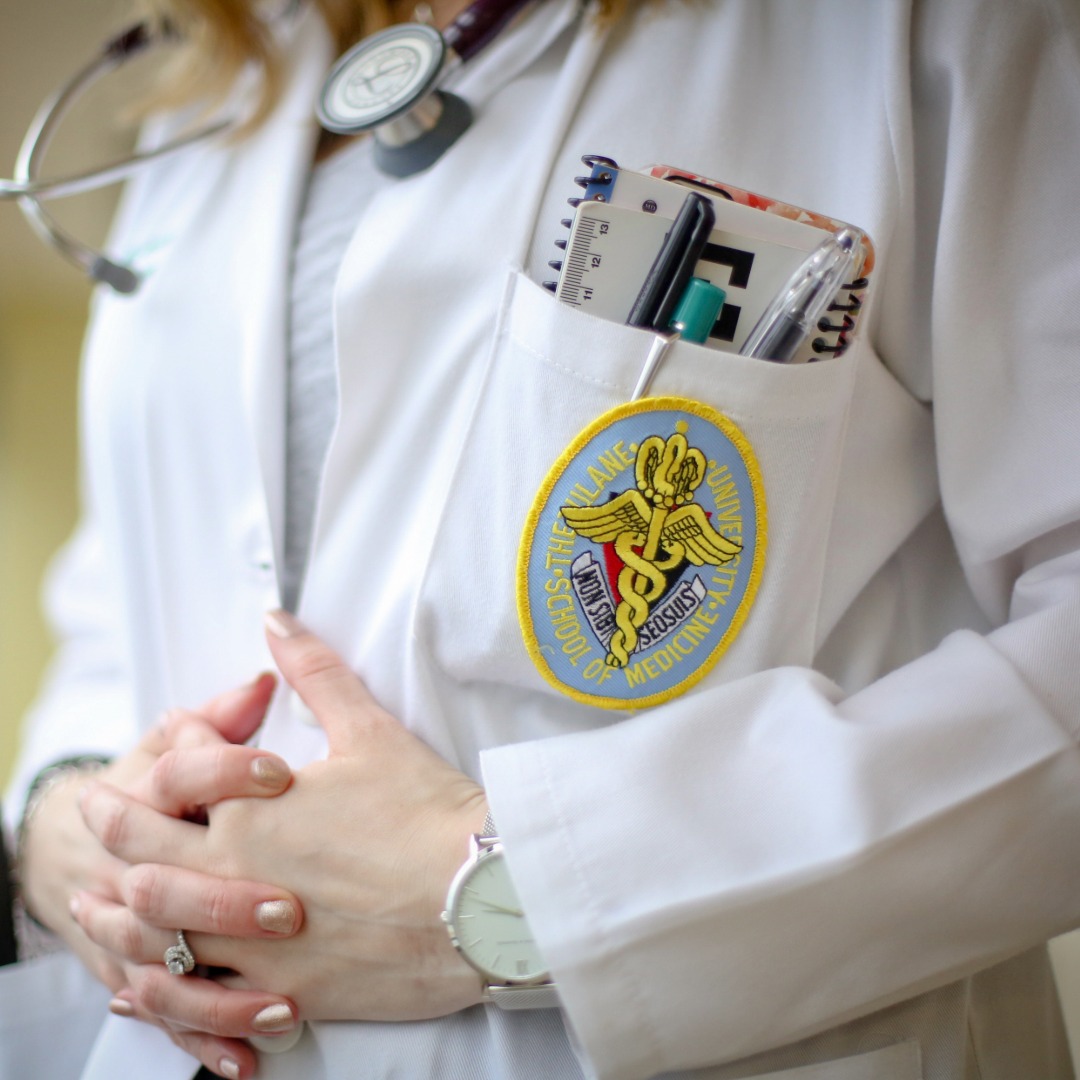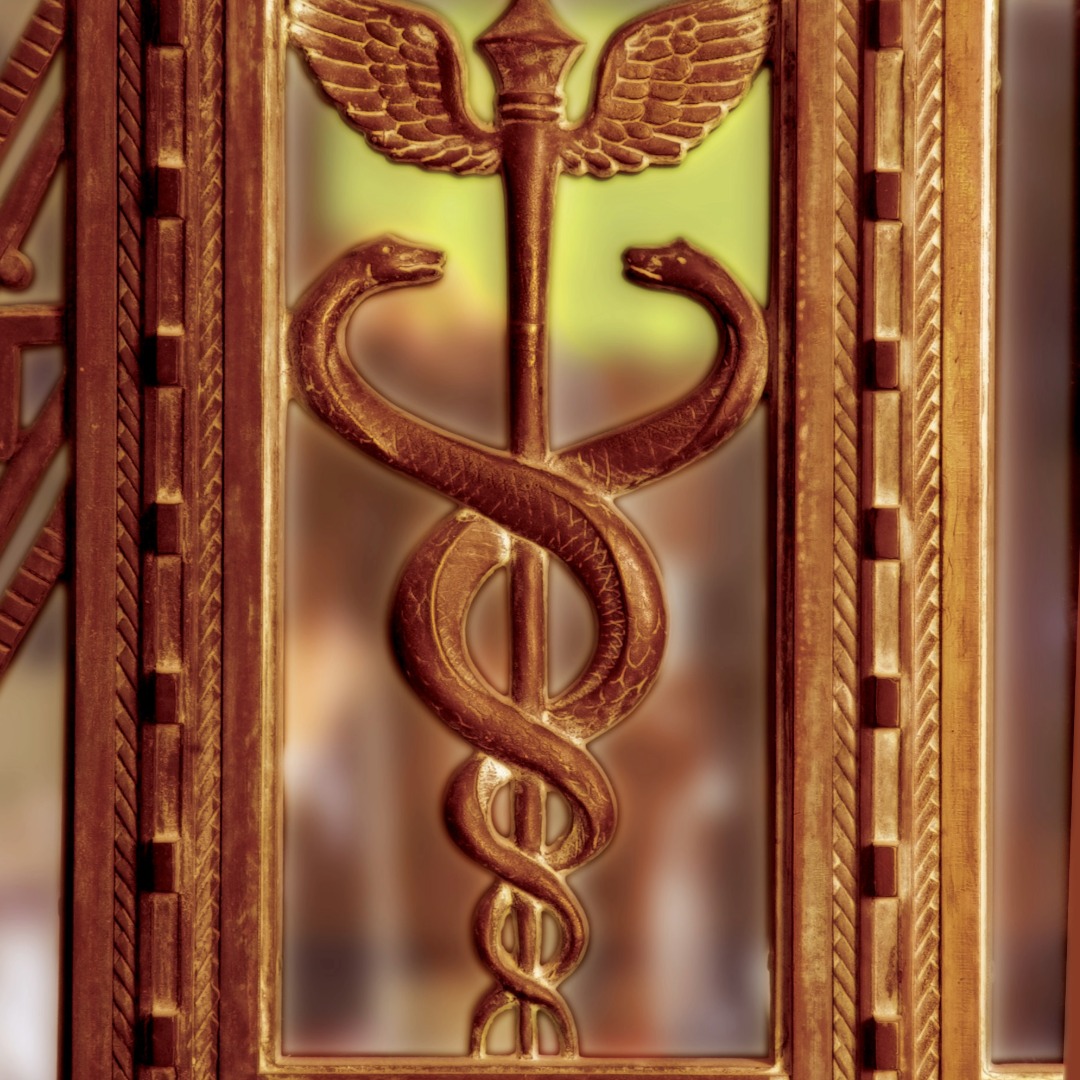Pre-Health Advising
Our Pre-Health Advisors are dedicated to guiding you on your journey toward a successful and fulfilling career in healthcare. We offer comprehensive support tailored to your individual aspirations and unique interests. Whether you're pursuing a path in medicine, dentistry, veterinary science or any other health-related field, we are here to assist you in charting your academic journey and equipping you to make informed decisions about your future.






